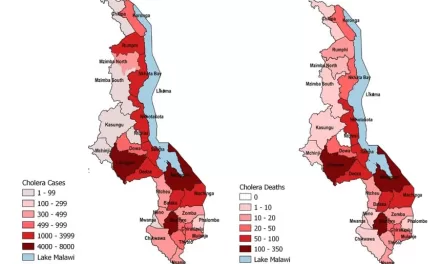A groundbreaking study conducted in San Francisco has shown that the use of doxycycline as post-exposure prophylaxis (doxy-PEP) can significantly reduce sexually transmitted infections (STIs), though it also raises concerns about the potential for antibiotic resistance. The findings, published in Nature Medicine, reveal that doxycycline use following high-risk sexual encounters cut the rates of chlamydia and early syphilis by 50%. However, experts are urging caution due to emerging resistance to the antibiotic.
San Francisco became the first U.S. city to recommend doxy-PEP in October 2022. The city’s health department recently reported the results of a study involving 100 participants—gay, bisexual men, and transgender women with a history of unprotected sexual encounters. These participants were compared with a control group of 50 individuals receiving standard STI care.
The research showed a marked reduction in STI rates among those using doxycycline, but it also uncovered some unintended consequences. Although doxy-PEP had minimal effect on the gut microbiome, the study found concerning signs of tetracycline resistance, a potential threat to the future effectiveness of the drug. Antibiotic-resistance genes were detected, suggesting that prolonged or widespread use of doxy-PEP could lead to resistance, complicating future treatment options for various bacterial infections.
While the immediate benefits of doxycycline in preventing STIs are clear, the researchers emphasized the need for continued investigation into the long-term risks. Experts are particularly concerned about how resistance could spread within communities and affect broader antibiotic effectiveness, especially in the context of the growing global issue of antimicrobial resistance.
As the debate continues, public health authorities are calling for further studies to monitor the impact of doxy-PEP, balancing its clear advantages in STI prevention with the potential consequences for antibiotic resistance. For now, while the approach appears promising, the full scope of its long-term effects remains uncertain.












